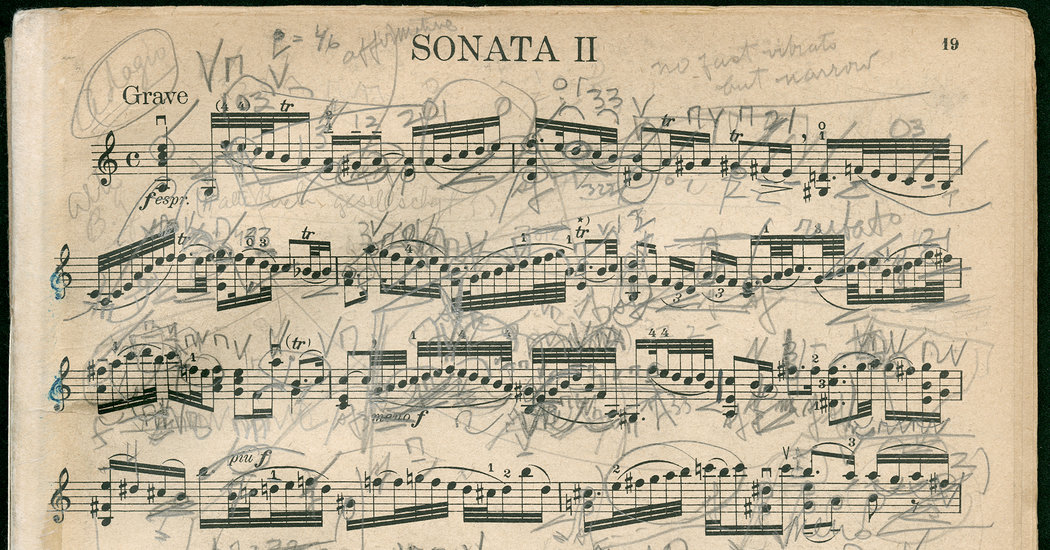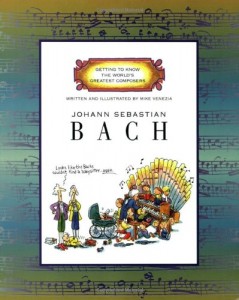
He was the son of Johann Ambrosius Bach, the director of the town musicians, and Maria Elisabeth Lämmerhirt. Johann Sebastian Bach was born in Eisenach, Saxe-Eisenach, on 31 March 1685. He is now generally regarded as one of the greatest composers of all time. Modern historians believe that his death was caused by a combination of stroke and pneumonia.īach’s abilities as an organist were respected throughout Europe during his lifetime, although he was not widely recognized as a great composer until a revival of interest and performances of his music in the first half of the nineteenth century. After graduating he held several musical posts across Germany: he served as Kapellmeister (director of music) to Leopold, Prince of Anhalt-Köthen, Cantor of the Thomasschule in Leipzig, and Royal Court Composer to Augustus III. Bach’s health and vision declined in 1749, and he died on 28 July 1750. Michael’s School in Lüneburg for two years. Apparently at his own initiative, Bach attended St. His father probably taught him to play the violin and harpsichord, and his brother, Johann Christoph Bach, taught him the clavichord and exposed him to much contemporary music.
POPULAR BACH COMPOSITIONS PROFESSIONAL
His father, Johann Ambrosius Bach, was the director of the town musicians, and all of his uncles were professional musicians. Bach’s compositions include the Brandenburg Concertos, the Goldberg Variations, the Mass in B minor, two Passions, and over three hundred sacred cantatas of which nearly two hundred survive. His music is revered for its technical command, artistic beauty, and intellectual depth.īach was born in Eisenach, Saxe-Eisenach, into a great musical family. He enriched established German styles through his skill in counterpoint, harmonic and motivic organisation, and the adaptation of rhythms, forms, and textures from abroad, particularly from Italy and France. Johann Sebastian Bach (31 March 1685–28 July 1750) was a German composer and musician of the Baroque period. Portrait of Bach, aged 61, Haussmann, 1748 He learned and taught, composed and played, and brought joy to millions of music fans around the world.Figure 1. He is a musical genius and a superb musical student. There are actually far more composers who influenced Bach, which was very interesting to read.īach is an intellectual puzzle. These inspired his own seminal violin sonatas. He spent a great deal of time studying the Italian Baroque style, probably playing the works of Arcangelo Corelli and Giovanni Pergolesi. Bach transcribed many works of other composers, showing how he admired them. “Wachet Auf” is one such example-the original tune was by Philipp Nicolai, composed in the 16 th century, but most listeners would recognize Bach’s version first. He took simple Lutheran melodies and developed them into fully-fledged works, adding his own touch of genius and love complexity to each one. One cannot speak about Bach without respecting the influence of composers such as Dietrich Buxtehude, the Flemish organist. Men like Georg Philipp Telemann and Georg Friedrich Handel were more highly regarded and in demand. Bear in mind that Bach was mainly known as an organist in his day rather than a composer. He referenced so many composers, both older and contemporary.

And his “Passions” and “Mass in B Minor” stand apart from choral music in general.Īn extremely important reason that Bach is so good is his intense study of music itself. But I cannot name a piece that is simply awful everything can be listened to, can be appreciated.

Even looking at the scores forces me to wonder how he thought when composing. As someone else here has mentioned, you do get to realize the structure and formations after a while, but that doesn’t stop me from admiring the sheer genius behind such melodies. True, a criticism of his works is the structure, particularly in his deep study of counterpoint.


 0 kommentar(er)
0 kommentar(er)
